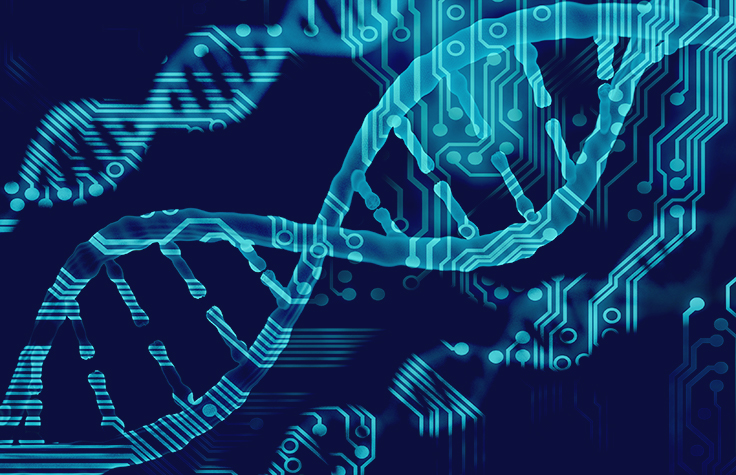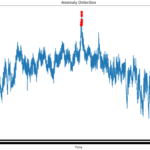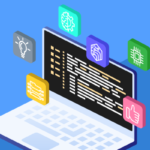Blockchain technology and personal genome sequencing are two revolutionary fields. They have the potential to transform the way we understand and manage our health. While personal genome sequencing provides insights into our genetic makeup, blockchain technology offers a secure and transparent platform for storing and managing sensitive genetic data. In this article, we will explore the intersection of these two cutting-edge technologies and discuss how blockchain is reshaping the landscape of personal genome sequencing.
The Promise of Personal Genome Sequencing
Personal genome sequencing, also known as genomic profiling or genetic testing, involves decoding an individual’s entire DNA sequence. This process provides a comprehensive view of one’s genetic makeup. It includes information about predispositions to certain diseases, potential drug interactions, and ancestry. It holds tremendous potential for personalized medicine, allowing healthcare providers to tailor treatments.
However, the immense value of this genetic information also comes with significant privacy and security concerns. Genetic data is highly personal, and mishandling or unauthorized access to this data can have severe consequences, including insurance discrimination, identity theft, and ethical dilemmas.
Blockchain’s Role in Securing Genetic Data
Blockchain technology, the underlying technology of cryptocurrencies like Bitcoin, offers a promising solution to the security and privacy challenges associated with personal genome sequencing. Here’s how it works:
Immutability: Once data is added to a blockchain, it becomes nearly impossible to alter or delete. Each block contains a cryptographic hash of the previous block, creating a chain of blocks linked together. This immutability ensures the integrity of genetic data.
Decentralization: Blockchains are distributed ledgers, meaning copies of the data are stored across multiple nodes (computers) in a network. This decentralization reduces the risk of a single point of failure or unauthorized access.
Encryption: Sensitive genetic data can be encrypted and stored on the blockchain. Access to this data can be controlled through private keys, ensuring that only authorized individuals or organizations can view or interact with the information.
Transparency: Blockchains are transparent by nature. All transactions and data entries are recorded in a public ledger, providing an audit trail for genetic data access and use.
Use Cases for Blockchain in Personal Genome Sequencing
Secure Storage: Blockchain can serve as a secure and tamper-proof storage solution for genetic data. Patients can have their DNA sequences stored on a blockchain, granting them full control over who can access it.
Consent Management: Smart contracts on a blockchain can automate and enforce data-sharing agreements. Patients can grant or revoke access to their genetic data through these self-executing contracts. It will ensure that their data is only used for authorized purposes.
Research Collaboration: Blockchain can facilitate secure and transparent collaboration among researchers, allowing them to access and share genetic data while maintaining data privacy and security.
Pharmaceutical Development: Pharmaceutical companies can use blockchain to access genetic data for drug development while compensating patients for their data. This approach ensures fair compensation and data transparency.
Challenges and Considerations
While the marriage of blockchain and personal genome sequencing holds great promise, several challenges and considerations must be addressed:
Data Standardization: Standardizing genetic data formats and ensuring interoperability is crucial for effective blockchain implementation in this field.
Regulatory Compliance: Compliance with data protection regulations like GDPR (General Data Protection Regulation) and HIPAA (Health Insurance Portability and Accountability Act) is essential to protect patient rights and privacy.
Data Ownership: Clarifying data ownership and ensuring that patients have full control over their genetic information is a complex legal and ethical issue.
Scalability: Blockchain networks need to handle large volumes of genetic data efficiently, which may require scaling solutions.
Blockchain technology is poised to revolutionize the field of personal genome sequencing by addressing the critical issues. The integration of blockchain will play a pivotal role. It will ensure that individuals can benefit from their genetic data without compromising their privacy.
This synergy between blockchain and personal genome sequencing has the potential to reshape healthcare, empower patients, and drive advancements in genetic research and medicine.
















Leave a comment